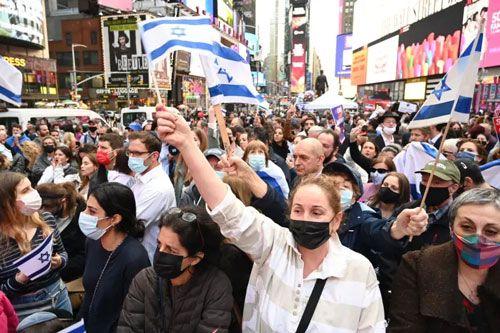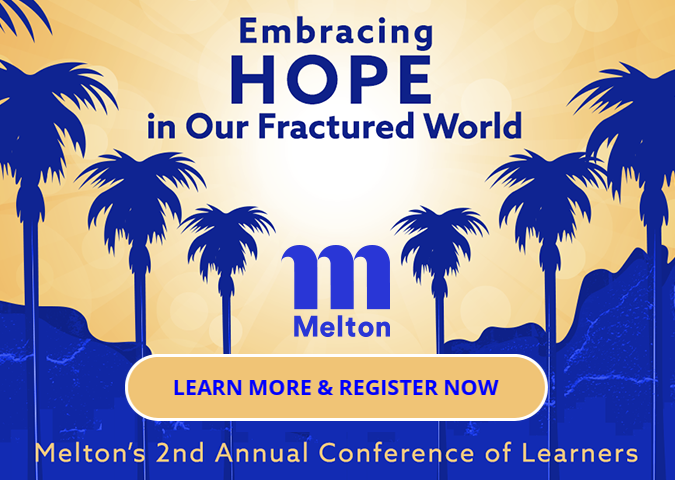Opinion: Coming apart at the seams - the darkest data from the Pew Report
However, the newest Pew Report offers some particularly worrisome data: "half of Orthodox Jews in the US say they have 'not much' (23%) or 'nothing at all' (26%) in common with Jews in the Reform movement," while six-in-ten Reform Jews say they have not much (39%) or nothing at all (21%) in common with the Orthodox.
This data, rarely highlighted in the glut of articles that came out after the report's release, reveals an existential crisis facing the Jewish people: We are coming apart at the seams.
Both Conservative (77%) and Reform (61%) Jews say they have "a lot" or "some" in common with Jews in Israel. And Orthodox Jews are far more likely to say they have "a lot" or "some" in common with Israeli Jews (91%) than to say the same about their Conservative and Reform counterparts in the US. The bottom line is that while a significant majority of American Jews feel connected to Israelis, they don't feel the same kinship with their American coreligionists who identify with a different denomination.
This is deeply concerning. While Jewish movements have been at odds with each other since Reform's inception in the 1800s, with Modern Orthodoxy's emergence shortly thereafter and with the rise of the Conservative Movement in the early 1900s, the nature of the disagreement has mainly been ideological ("we disagree with their ideas") and practical ("we don't like how they do things").
These disagreements have, indeed, lead to friction and division. But until now, we don't have records of Jews affirming so bluntly that they simply don't have much in common across the Orthodox/non-Orthodox divide. These numbers show the divide is real and serious.
Our tradition warns us about the pernicious effects of the disintegration of the social fabric between Jews: Rabbinic sources suggest that the destruction of the Temple in Jerusalem, which we mark on Tisha B'av, and the consequent Jewish expulsion from the Land of Israel was brought about by sinat chinam: "baseless hatred." Often, this is understood as malice without cause, but Rabbi Dara Lithwick interprets sinat chinam in a way that underscores the dilemma at hand, as a kind of self-righteous indignation or "smug indifference to the concerns of others, fueled by the belief that 'I must be right, and you must be wrong.'" These society-destroying postures and society-eroding behaviors happen "when we stop listening and only talk at each other rather than with or to each other." According to Lithwick, "In short, the Temple was destroyed out of a failure to be able to recognize the holiness – the Godliness – in each other."
Indifference is a unique disease. Its antidote isn't conflict-resolution; it is conversation.
It's okay if these conversations are awkward and tense. Indeed, our tradition is based on rigorous disagreement. Once again returning to our ancient wisdom, the rabbis who brought the most wisdom to the world were the ones who did so locked in fierce debate with opponents who valued the pursuit of Truth over being right. And in the parlance of the tradition, a machloket l'shem shamayim – a disagreement which is for the sake of Heaven will endure, carried generation to generation, indicative of a living, robust and relevant religion.
The Melton School, from its founding in 1986, has been committed to bringing together diverse Jewish voices for learning, for exploration, from all corners of the Jewish World. Jews of all affiliations, from Australia and South Africa to San Diego and New York, learn together, in courses taught by Orthodox, Conservative and Reform rabbis, scholars and leaders.
We believe that our Jewish heritage has no single correct embodiment. And we believe that lively discussion and debate, founded on principles of mutual respect, can be empowering and transformative. We would like to continue this tradition by inviting differing voices to join us for an initiative we are calling Round Table Learning, specifically directed at bringing together Jews of diverse backgrounds to get to know each other through dialogue inspired by Jewish texts.
Our sages knew the power of pluralism: They described the "70 faces of Torah," the concept that many interpretations can coexist.
So can we, as people. To do so, we need to engage with each other. The more we spend time together, the more we will understand how there is more that unites us than what divides us.
As Rabbi Lord Jonathan Sacks, z"l, put it: "We are united by a covenant of shared memory, of shared identity, of shared fate – even if we don't share the exact same faith."
If we don't recapture that spirit, if we don't act now to come together, we may be facing an unraveling of the strong, proud history of the Jewish people.
If you are interested in participating in the inaugural Round Table Learning, please indicate so here.
Rachel Bovitz is a rabbi and serves as the executive director of Melton International and lives in New York. Morey Schwartz is a rabbi and serves as the international director of Melton International and lives in Israel.
This article originally appeared in The Jerusalem Post.
When you subscribe to the blog, we will send you an e-mail when there are new updates on the site so you wouldn't miss them.


